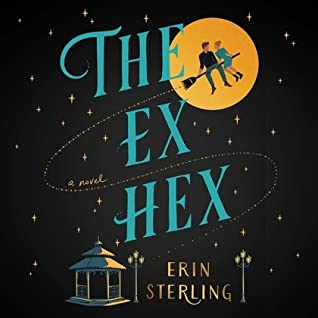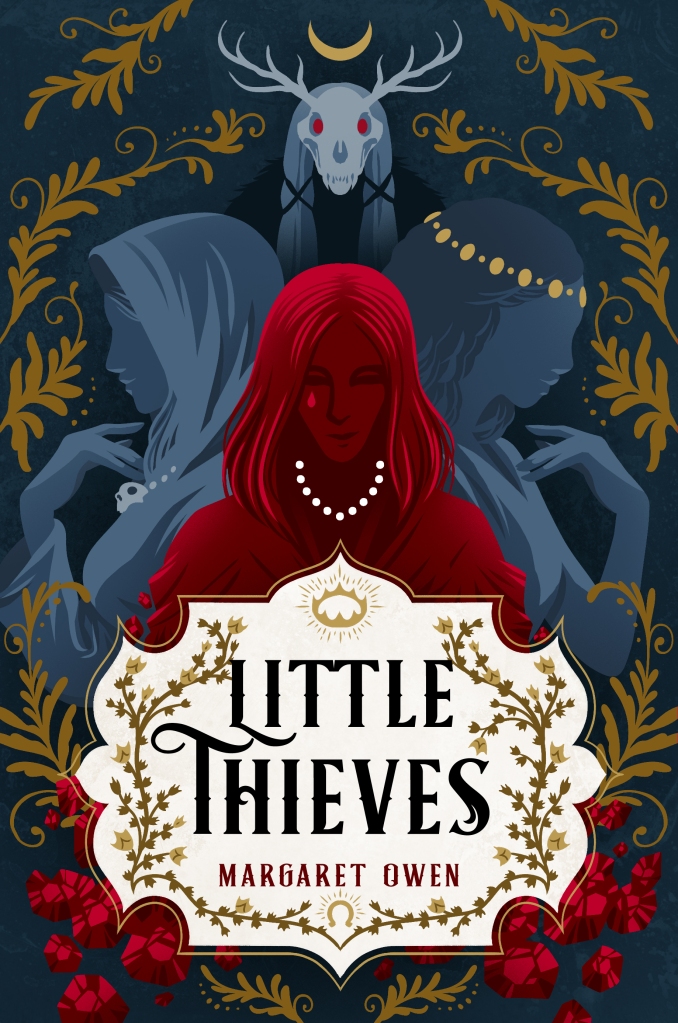
Genre: Historical Fiction, Retelling
Publisher: Farrar, Straus and Giroux
Publication Date: March 8th, 2022
Pages: 12hr 23mins, audiobook
Source: Library
Tania de Batz is most herself with a sword in her hand. Everyone in town thinks her near-constant dizziness makes her weak, nothing but “a sick girl”; even her mother is desperate to marry her off for security. But Tania wants to be strong, independent, a fencer like her father—a former Musketeer and her greatest champion.
Then Papa is brutally, mysteriously murdered. His dying wish? For Tania to attend finishing school. But L’Académie des Mariées, Tania realizes, is no finishing school. It’s a secret training ground for a new kind of Musketeer: women who are socialites on the surface, but strap daggers under their skirts, seduce men into giving up dangerous secrets, and protect France from downfall. And they don’t shy away from a swordfight.
With her newfound sisters at her side, Tania feels for the first time like she has a purpose, like she belongs. But then she meets Étienne, her first target in uncovering a potential assassination plot. He’s kind, charming, and breathlessly attractive—and he might have information about what really happened to her father. Torn between duty and dizzying emotion, Tania will have to lean on her friends, listen to her own body, and decide where her loyalties lie…or risk losing everything she’s ever wanted.
This debut novel is a fierce, whirlwind adventure about the depth of found family, the strength that goes beyond the body, and the determination it takes to fight for what you love.
Oh, I wish I could rate this higher, but there were a lot of flaws in One for All, most of them the author’s, but one that wasn’t.
The biggest issue I had was the pacing. Tania doesn’t meet Etienne until the 50% mark, and by that point, any relationship they might have had no room to breath or time to feel natural. Maybe this was intentional on Lainoff’s part, but I think there were better ways to go about it, so when the third act came along I would have been more emotionally engaged than I was.
There’s also the issue that the Musketeers fight for the King of France, and, well, Lainoff does attempt to flesh this out by having the characters criticize the King and say they’re fighting more for France, and that if the King dies then the poor will suffer most, and while that’s true… it still felt like it was mostly just pasted in and not really developed enough. Yes, the girls are fighting to prove women can be Musketeers, and they disagree with the villain’s plot, but they also don’t seem to have any alternate ideas as to how to improve things.
They say they want to avoid having the poorest people pay the price in blood, but frankly, their actions will kill those same people eventually, either through starvation or illness or any of the other myriad, slow ways people died while the rich did their thing. All that fell flat for me and left the characters not looking the greatest.
One for All does start out pretty strong, and I was engaged up until Tania leaves her village to go to Paris. There, the pacing combined with Wilson’s inability to differentiate her voices for the characters (or, when she does, her inability to stick to those voices) made it harder to follow.
The other issue was the choice of narrator. I like Mara Wilson herself well enough, but her skills at narration were… lacking. I’m not sure if this was a director’s choice or her own, but sometimes she had long pauses between lines, up to 2 seconds long, which made me think we were starting a new scene or a new paragraph altogether, only for the scene to continue. The pauses and the speed of her speech were so slow even at 1.50x speed that I had to turn it up to 1.75x just for it to be manageable for me to listen to. She wasn’t consistent in this, either, so sometimes we had long pauses, other times not, so it threw me off.
I suspect if I had read this instead of listened to the audiobook, I would have liked it slightly better. I’ll probably look into Lainoff’s next book, to see how she improves past the typical debut shakiness.










